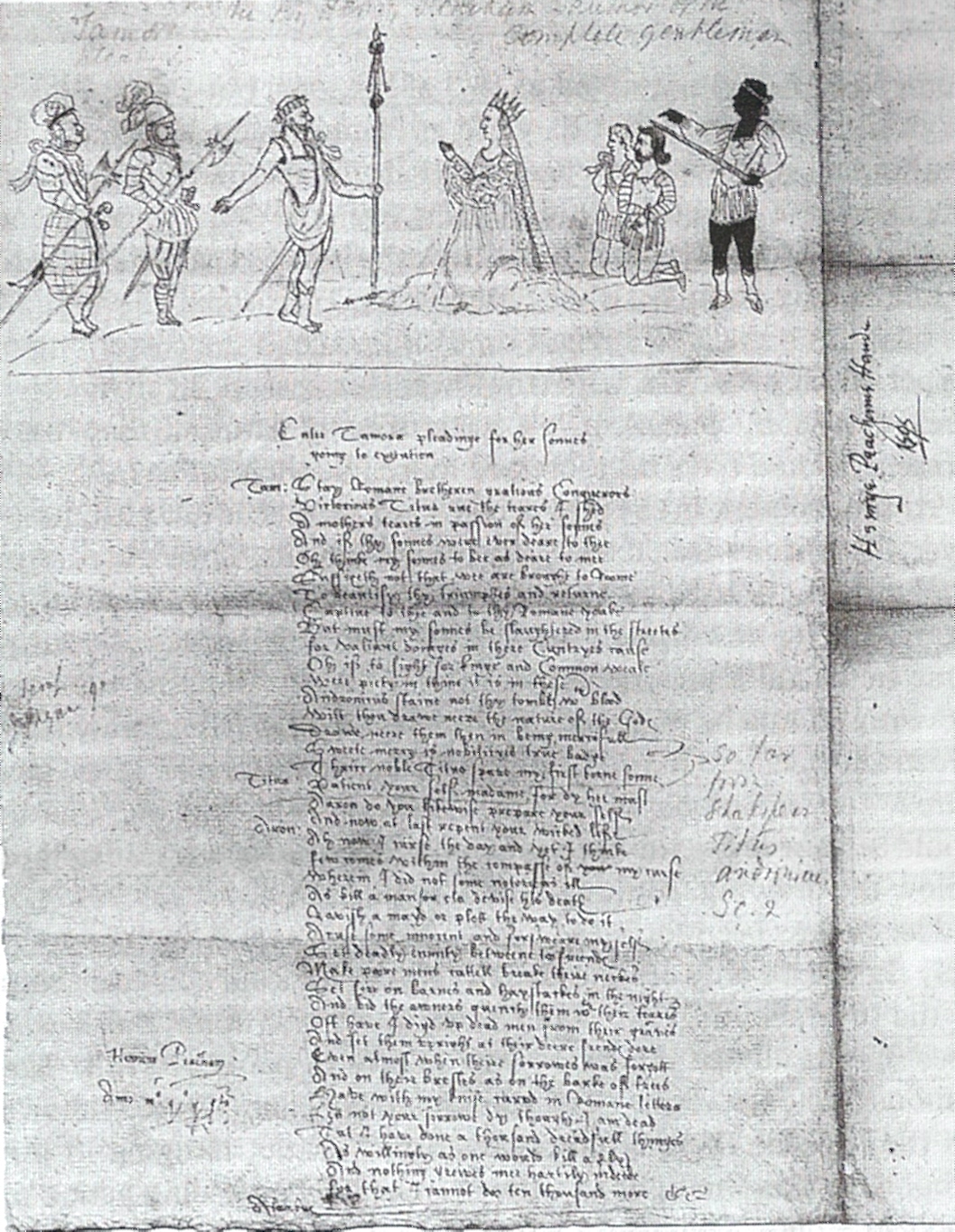So I indulged in a bit of narcissism and was reading through my posts, and I realized that I've kind of become that person I said I hated back in July. All I talk about is school. Granted, it takes up the majority of my time and almost all of my mental capacities at the moment, but it's still not the only relevant thing going on in my life.
For what will probably be the only time I will ever do this, on my blog, in public, and which I might delete at any given post-publication moment, I think I'm going to talk about one of my most hated subjects: my relationship status. It's only come up twice in the nearly-eight years I've been writing here, and I've worked hard to keep it that way. This blog is not a kumbaya care-and-share extravaganza. In nicer words, it just feels unprofessional and unproductive. Yeah, I already hate myself for posting this.
I'm making this exception, though, because of a sobering conversation I had with one of my most trusted friends. We were talking about our generation of Reformed Baptists, and how we've both encountered a disturbing amount of peers who say they are committed to our confession, but don't really live it out. My friend remarked that if you're a genuinely confessional female, and you're interested in marriage, the chances are you will end up being the spiritual leader in the relationship. That really bothers me.
I guess I'm writing this post as a kind of defiance. For several years, I struggled with contentment and finding my place in the sociology of the church. I learned that in most of the times I dealt with anxiety, the root of my unhappiness didn't lie in the circumstances of my life at the moment, but in the fear of losing the happiness I currently enjoyed. The Bible talks about how singles have it really good. I can finally attest to this in my own life: I'm in grad school with promising research opportunities, I'm surrounded by a close circle of family and friends, I'm involved in a solid church, and I have the ability to do reckless stuff like last minute trips or impromptu social events during the week. Why on earth would I give up this freedom for a relationship in which I'd never be able to shake the feeling that I've betrayed the essence of who I am? If that is the reality of marriage for a Reformed Baptist young woman, it is not worth it
to me. I could never truly love someone I don't respect;
it doesn't work.
I know the readership of this blog is minuscule, to say the least. But if for some reason, some young girl is out there and finds this: Please, don't throw away your spiritual and intellectual integrity for love. It sounds lovely and romantic and fearless, but it's only capitulation. Hold out for someone you love and respect.
The Reformed Baptist movement is still fragile in many ways. On a human level, our future depends upon the faithfulness of the young men and women emerging in its churches today. We rightly pray for future pastors, but we need to pray for committed laity as well. We need boys who man up and live disciplined lives, and girls who recognize the vital role women play in the church. To my fellow young adults: The Christian life is about glorifying God and serving his kingdom. Some of you will be fortunate enough to find spouses who share your commitment. But, for others, this is going to mean choosing between marriage and our beliefs. Are we willing to make that decision?






